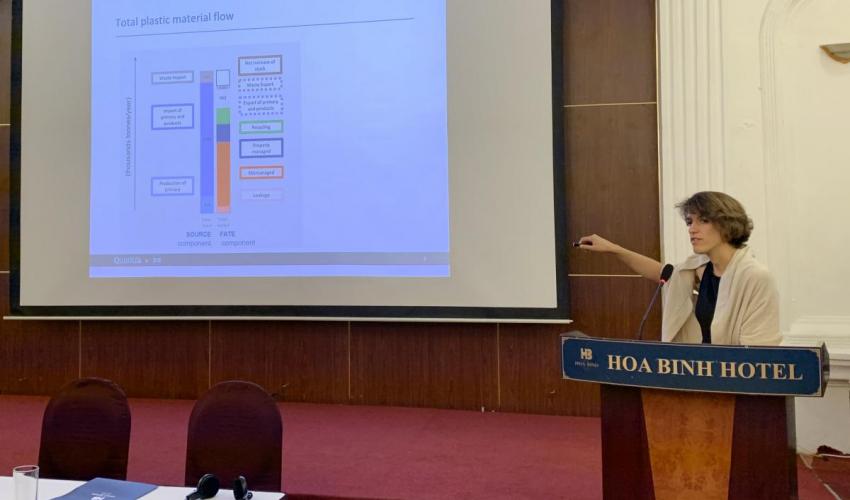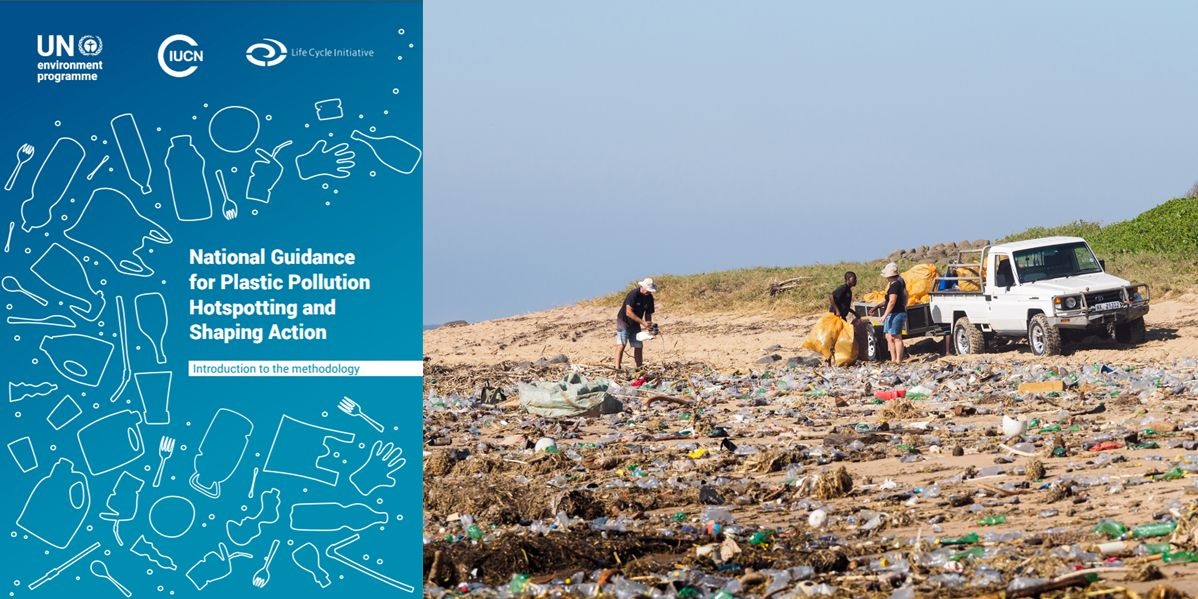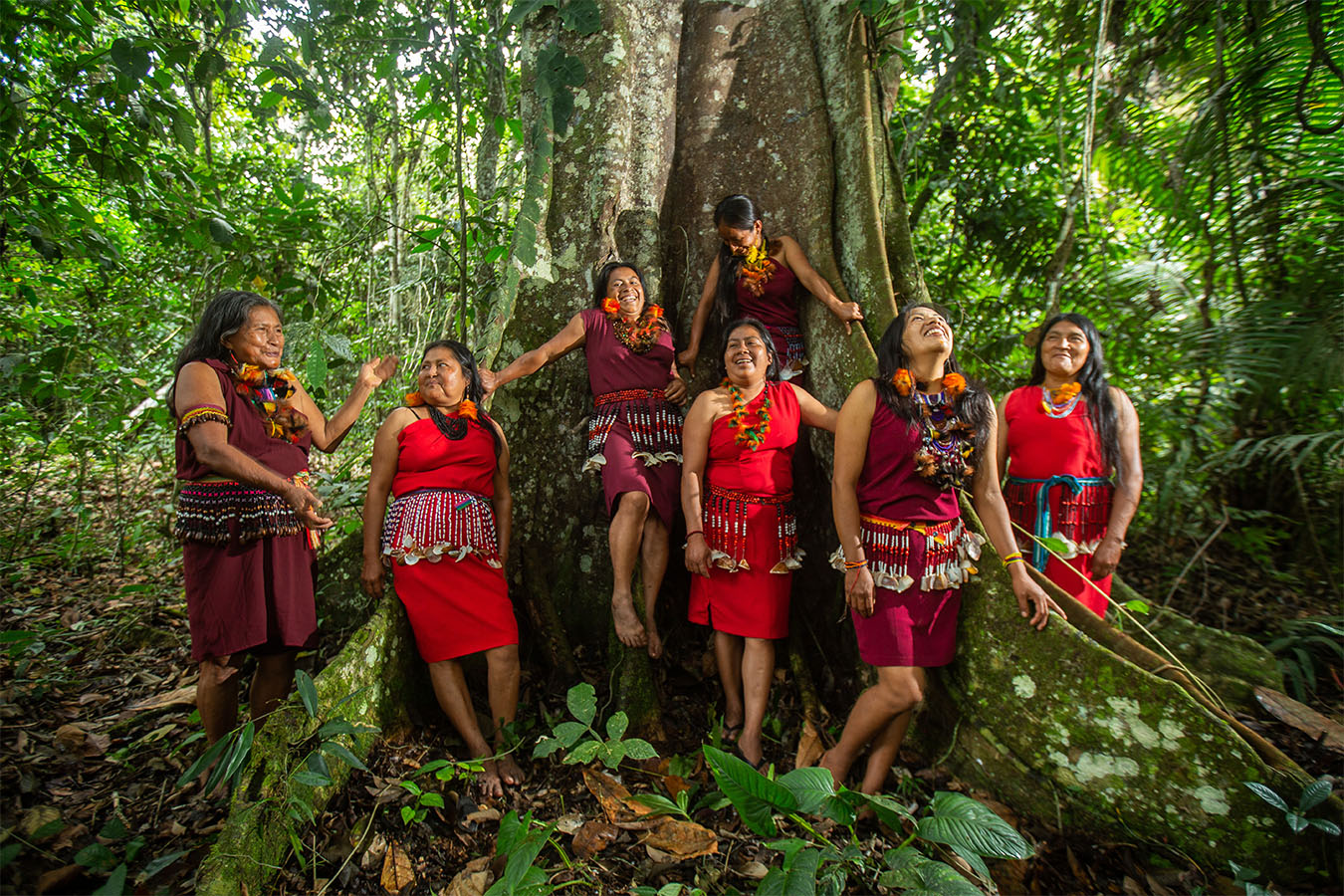Marine plastic pollution: A global issue with national and local solutions
In November 2018, IUCN co-chaired a roundtable on Marine Plastic Pollution: A global issue with national and local solutions at the PEMSEA East Asian Seas (EAS) Congress held in Iloilo, the Philippines.

Photo: Siriporn Sriaram, IUCN Thailand
The roundtable, which was co-chaired by Maeve Nightingale, Capacity Development Manager, IUCN and Dr. Jose Erezo Padilla, Technical Adviser, Water and Oceans, Bangkok Regional Hub, United Nations Development Programme (UNDP), was jointly organised by the First Institute of Oceanography (FIO), UNDP, Partnerships in Environmental Management for the Seas of East Asia (PEMSEA) and IUCN.
Setting the scene with cases from local government representatives from Dili Municipality, Timor-Leste and Sihanouk Province, Cambodia, participants shared insights and ideas fundamental to addressing the marine waste pollution issue.
One of the points shared was the need for business practices, policies and human behavior to change, as a first step towards tackling the plastic pollution problem.
During the session, it was also widely recognised that ‘waste is politics’. While investors are seeking long-term pay backs on investments, it is essential to work with prevailing power dynamics to create investment opportunities, and at the same time endeavor to improve equity in benefit sharing.
Additionally, participants highlighted the importance of promoting innovative circular economy solutions more widely at local and national levels.
The co-chairs of the event concluded that the most urgent challenges remain; the need for public-private partnership development, reconciliation of conflicting objectives across economic sectors, and legally binding agreements to stop the flow on plastics. The co-chairs also said that an enabling environment to support circular economy, knowledge management, and education, is required for improved stakeholder engagement.
At the roundtable, IUCN Buithithu Hien, Marine and Coastal Resources Programme Coordinator, IUCN Vietnam Office and Siriporn Sriaram, Program Officer, IUCN Thailand Office, provided an overview of challenges and opportunities for plastic waste pollution and management in their respective countries.
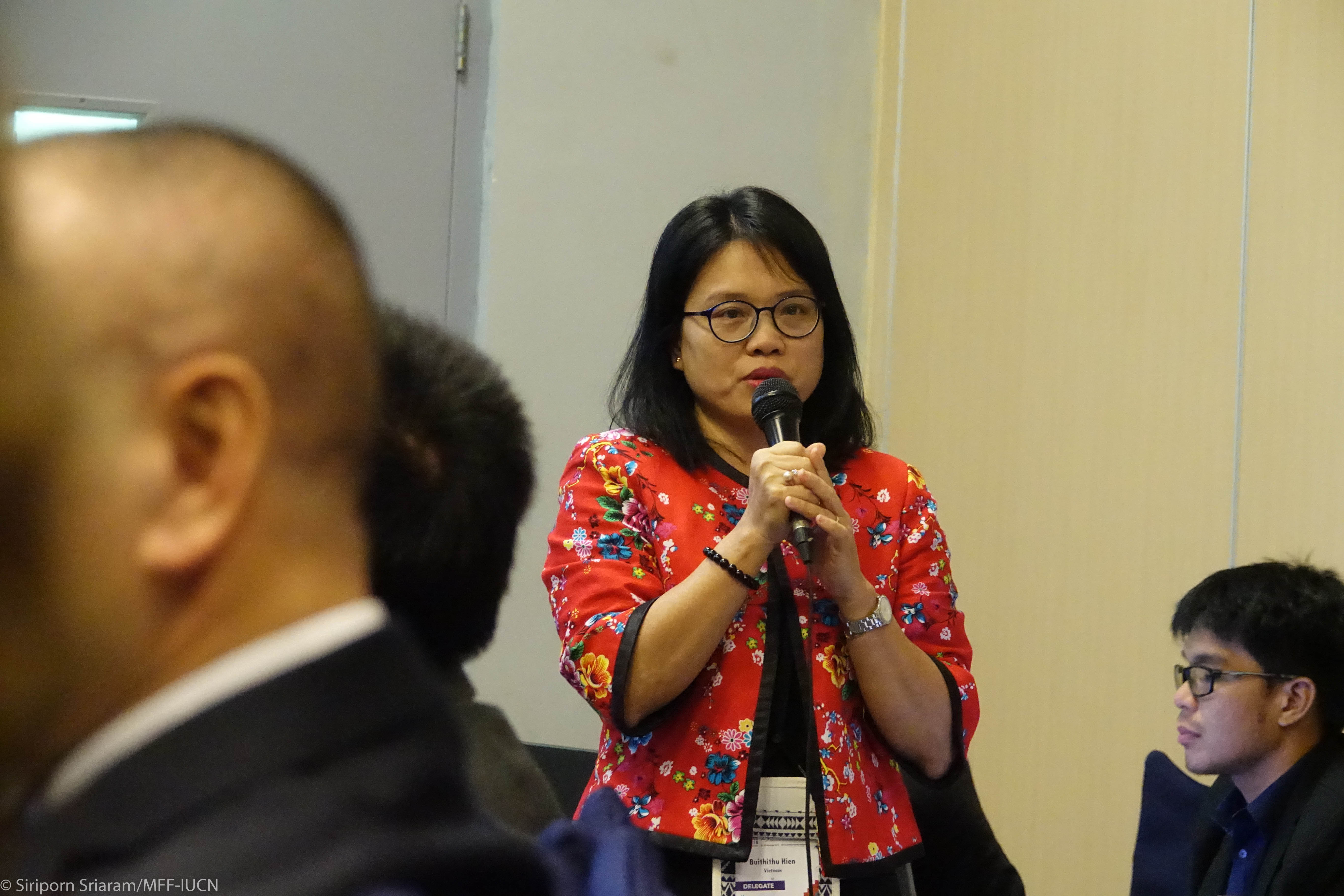 Photo: Siriporn Sriaram, IUCN Thailand
Photo: Siriporn Sriaram, IUCN Thailand
“Vietnam currently does not have the facilities or resources to achieve the goals presented in the National Action Plan on Solid Waste Management. Most waste – from left-over food to plastic bags, rubber, and plastic straws – is simply being dumped into landfill sites across the country. The waste is left unsorted and untreated”, said Hien
“The issue of marine plastics is an exciting field which is motivating many, and as a result, a lot of innovative ideas and solutions already exist out there. Working collaboratively will be essential if we are to address the issue of marine litter and plastic mismanagement”, said Maeve Nightingale, Senior Programme Officer, Coastal and Marine, IUCN Asia and MARPLASTICCs Regional Coordinator.
“IUCN recognises its critical role in supporting policy makers and civil society organisations, and providing the analysis required for stakeholders to address the marine plastics issue in Thailand and Vietnam,” added Maeve.
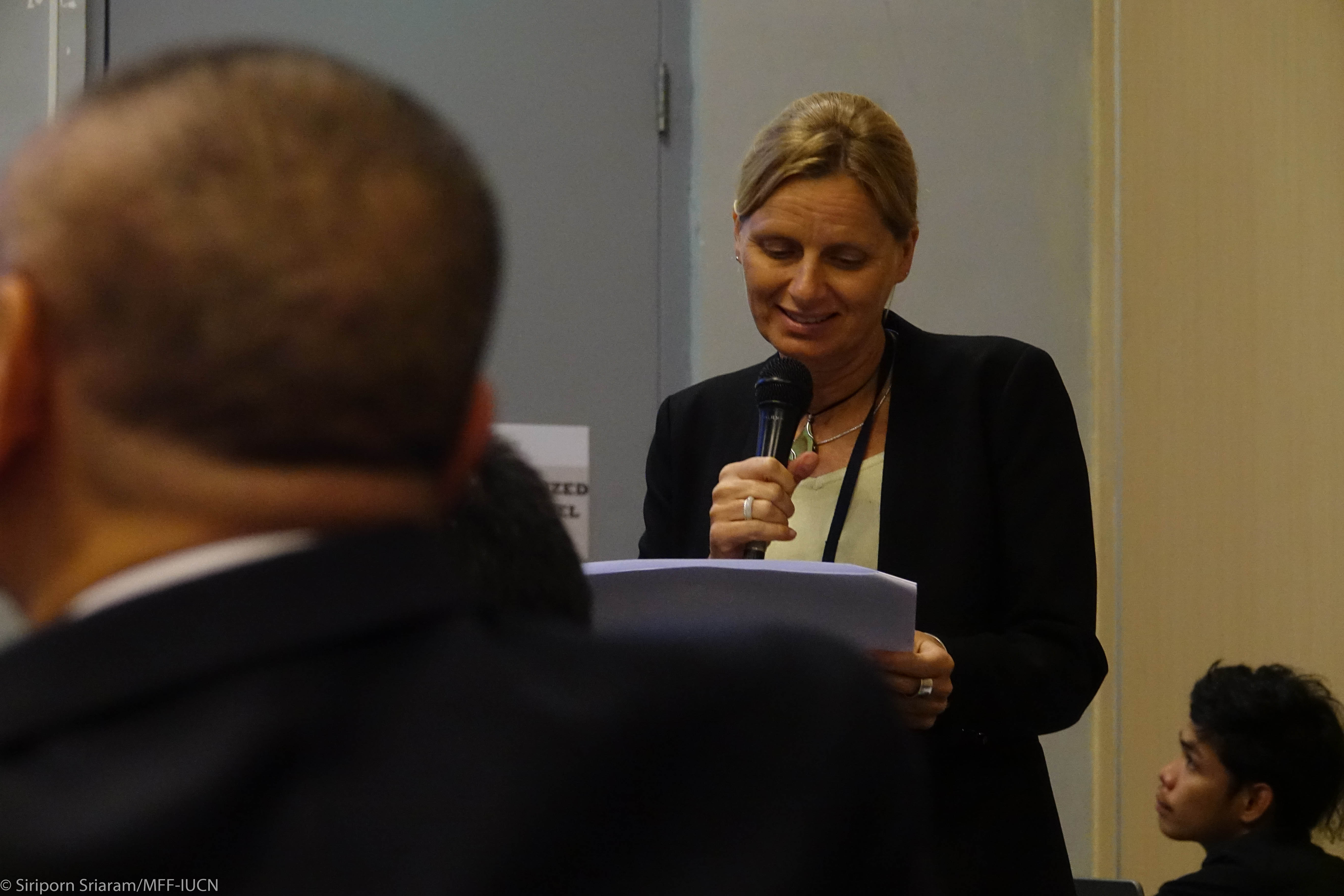 Photo: Siriporn Sriaram, IUCN Thailand
Photo: Siriporn Sriaram, IUCN Thailand
The theme of the EAS Congress was “25 Years of Partnerships for Healthy Oceans, People and Economies: Moving as One with the Global Ocean Agenda”.
The Congress was attended by a broad range of stakeholders, including National and Local Governments, the United Nations system, intergovernmental organizations, bilateral and multi-lateral projects, international financial institutions, non-governmental organizations, civil society organizations, academic institutions, the scientific community, the private sector, and other stakeholders.
Plastic pollution has become a global problem threatening our environment, health and economies. If we do not act now, the problem will only get worse. Through the Marine Plastics and Coastal Communities (MARPLASTICCs) project, funded by the Swedish International Development Cooperation Agency (Sida), IUCN is working closely with governments, industries and society in Africa and Asia to reduce and control plastic pollution.
